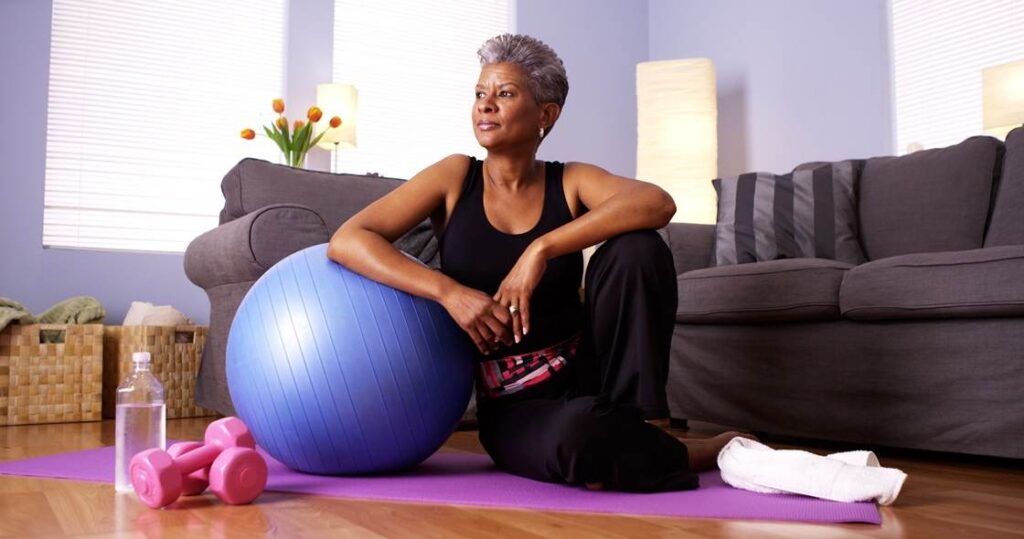Naturally there are a wide range of vitamin deficiency that can occur in women, in this article we are focused on the common vitamin deficiencies in women that are prominent in our neighborhood. Poor nutrition, lifestyle habits, and medical conditions can all contribute to these deficiencies, impacting overall well-being. Understanding the most common vitamin deficiencies in women is essential for maintaining long-term health, boosting energy, and preventing chronic diseases.
Request AppointmentTable of Contents
ToggleWhy Women Are More Prone to Vitamin Deficiencies
Women have unique nutritional needs due to hormonal fluctuations, pregnancy, menstruation, and menopause. These life stages increase the demand for specific vitamins and minerals, making it crucial for women to maintain proper nutrient intake.
Key Factors Contributing to Vitamin Deficiencies in Women:
- Menstrual Blood Loss: Can lead to iron deficiency anemia.
- Pregnancy & Breastfeeding: Increased need for folic acid, calcium, and vitamin D.
- Dietary Restrictions: Vegan and vegetarian diets may lack B12, iron, and omega-3s.
- Aging & Menopause: Decreased absorption of calcium, B12, and vitamin D.
- Chronic Stress: Can deplete key nutrients like magnesium and vitamin C.
The Most Common Vitamin Deficiencies in Women
1. Iron Deficiency
Fact: Iron deficiency affects nearly 35% of premenopausal women in the US, according to the National Institutes of Health (NIH).
Why It’s Important: Iron is crucial for oxygen transport, energy production, and cognitive function.
Symptoms of Iron Deficiency:
- Fatigue and dizziness
- Pale skin
- Hair thinning and brittle nails
- Shortness of breath
How to Fix It:
- Increase intake of iron-rich foods like lean meats, spinach, lentils, and fortified cereals.
- Pair iron with vitamin C to boost absorption (e.g., citrus fruits with meals).
- Consider iron supplements under a doctor’s guidance.
2. Vitamin D Deficiency
Fact: Nearly 50% of women worldwide have low vitamin D levels, according to Harvard Medical School.
Why It’s Important: Vitamin D supports bone strength, immune function, and mood regulation.
Symptoms of Vitamin D Deficiency:
- Bone pain and muscle weakness
- Increased susceptibility to infections
- Mood swings and depression
How to Fix It:
- Spend 15-30 minutes in sunlight daily.
- Eat more fatty fish, egg yolks, and fortified dairy products.
- Take a high-quality vitamin D3 supplement.
3. Vitamin B12 Deficiency
Fact: Up to 20% of women over 50 in the US have vitamin B12 deficiency due to poor absorption, per the Mayo Clinic.
Why It’s Important: B12 is essential for nerve function, brain health, and red blood cell formation.
Symptoms of B12 Deficiency:
- Brain fog and memory loss
- Numbness or tingling in hands and feet
- Mood swings and irritability
How to Fix It:
- Consume more B12-rich foods like eggs, dairy, and lean meats.
- Vegetarians and vegans should supplement with B12.
- Regular blood tests monitor levels.
4. Folic Acid (Vitamin B9) Deficiency
Folic acid deficiency affects 20-30% of pregnant women, increasing the risk of neural tube defects in babies.
Why It’s Important: Supports DNA synthesis, cell growth, and fetal development.
Symptoms of Folic Acid Deficiency:
- Poor concentration and memory issues
- Increased risk of birth defects
How to Fix It:
- Eat more leafy greens, beans, citrus fruits, and fortified grains.
- Take prenatal vitamins with folic acid during pregnancy.
5. Calcium Deficiency
Fact: 1 in 3 women over 50 suffer from osteoporosis, according to the International Osteoporosis Foundation.
Why It’s Important: Calcium is vital for bone strength, muscle function, and nerve signaling.
Symptoms of Calcium Deficiency:
- Bone fractures and osteoporosis
- Muscle cramps
- Weak nails and teeth
How to Fix It:
- Eat more dairy products, leafy greens, and almonds.
- Take a calcium supplement with vitamin D for better absorption.
How to Prevent Vitamin Deficiencies
Top Preventive Tips:
- Eat a Balanced Diet: Ensure variety in your meals.
- Get Regular Blood Tests: Check vitamin and mineral levels yearly.
- Take Supplements as Needed: Consult Macie Medical’s expert nutritionists for personalized recommendations.
- Exercise Regularly: Promotes better nutrient absorption.
- Stay Hydrated: Water aids in the transport of vitamins throughout the body.
Take Charge of Your Nutritional Health
Vitamin deficiencies can lead to serious health complications if left unaddressed. By recognizing the most common vitamin deficiencies in women, making smart dietary changes, and seeking guidance from experts you can achieve optimal health, more energy, and a balanced life.
At Macie Medical, we provide comprehensive vitamin assessments, expert consultations, and personalized nutrition plans. Don’t wait, book your consultation today and ensure you’re getting the nutrients your body needs!




